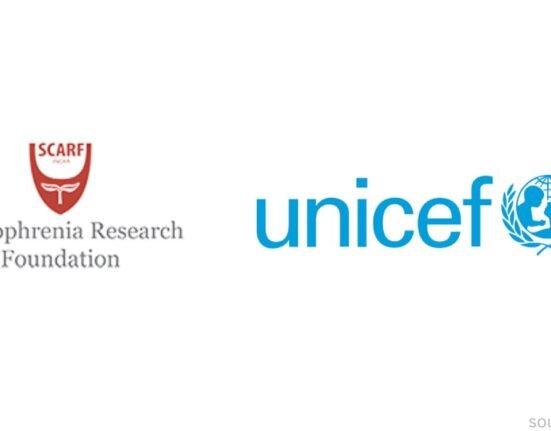LGBTQ+ full form means lesbian, gay, bisexual, transgender, queer, and + means Pansexual, Agender, Bigender, Gender Variant, Pangender. The initialism, as well as several of its popular forms, has been in use since the 1990s as an umbrella word encompassing sexuality and gender identity. Everyone has a sexual inclination and a sense of self. Sexual orientation determines whom we are attracted to, and gender identity determines whether we identify as male, female, or different. It does not necessarily have to be linked with biological sex. LGBTQ+ persons are those who have different sexual orientations or gender identities than the majority of the population. Being distinct and asserting one’s unique individuality takes more bravery. Members of the LGBTQ+ community have faced this challenge their whole lives. A battle like this might put them under a lot of strain. The protracted battle to survive in the face of societal stigma might be exhausting.
LGBTQ+ people endure higher mental health concerns than heterosexuals, according to research from throughout the world. According to the researchers, the stigma, prejudice, and discrimination people suffer as a result of their differences contribute to their mental health problems. Homosexuality was categorized as a mental disease throughout the 1960s and early 1970s. The American Psychiatric Association has withdrawn homosexuality as a mental disorder from the second edition of the Diagnostic and Statistical Manual of Mental Disorders in 1973. It took over two decades for the World Health Organization to acknowledge homosexuality as a natural state of being. However, society’s attitude toward community members remains unchanged.
Studies on the LGBTQ+ community show that participants suffer from mental illnesses such as substance use disorders, mood disorders, and suicide ideation. According to 2016 research conducted by the Centers for Disease Control and Prevention, homosexual community members ponder suicide approximately three times more than heterosexual community members. Members of the community, in particular, experience a condition known as minority stress.’ It is the predicament of minorities living in hostile circumstances. Bullying occurs at schools or educational institutions. Sexual assault is a typical occurrence for them.
Depression and anxiety are two of the most frequent mental health concerns in the population. LGBTQ+ kids are more prone to experience anxiety and depression at 1.75 times the rate of the general population. According to the TREVOR project survey, the transgender population is even more susceptible, suffering 2.4 times more anxiety and sadness. In today’s culture, same-sex weddings are still frowned upon. The heterosexual population takes the institution of family or intimacy for granted, viewing it as a luxury. They are at risk of experiencing an identity crisis, feelings of rejection, and pessimism as a result of a lack of affection, attention, and approbation.
In India, things aren’t much better. On September 6, 2018, the Supreme Court ruled that Section 377, which criminalized homosexuality, was unconstitutional. It overturned the earlier verdict and legalized homosexuality in 2013. The LQBTQ+ minority in India celebrated their victory against the Victorian-era restrictions that had been imposed on them. However, the verdict had little impact on the general public’s viewpoint. In India, the members of the community continue to face a hostile environment. They stay on the periphery.
To make matters worse, mental health concerns in the nation are considered taboo. Seeking therapy for a mental health problem is frowned upon by peers and family members here. Consider the predicament of the LQBTQ+ community in this context. Furthermore, LGBTQ+ related psychiatric literature is scarce in India. In India, there is a lot of catching up to do when it comes to mental health concerns. When it comes to mental health in the country, the LGBTQ+ community has an even greater challenge. Despite the conflicts, the residents of the village flourish and are resilient. All they need is some acknowledgment and affection from their loved ones. Humanity is more important than sexual orientation or its complications. A meaningful coexistence enhances the beauty of the earth. LGBTQ+ persons have the freedom to maintain the rainbow as their colour. A rainbow is made up of a variety of colours. It is past time to acknowledge these differences and work together to make the world a better place for everybody.












Leave feedback about this